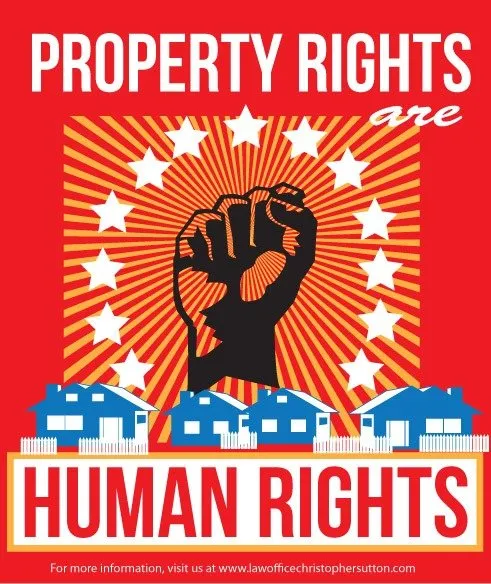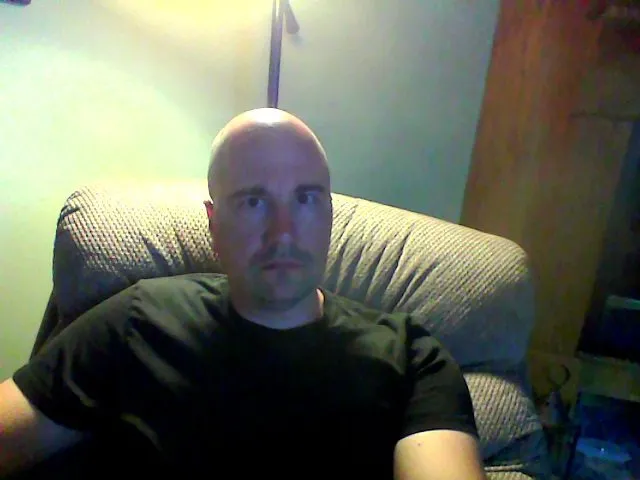Rights and property are inextricably linked and can only be exercised by the individual. The right to self-ownership and the right to property naturally extend into a peaceful and free society.

In a break from the earlier discussion on economics, we will go back into natural rights and how they are inextricably linked to property rights. This is to build a working foundation for later discussion.
In a previous set of essays, it was established that individuals hold natural rights to self-ownership and the right to engage in any non-aggressive act and, finally, that there can be no legitimate rights-claim which infringes upon these rights. It was shown that these rights are a natural extension of human nature, that they are the true "human rights".
It can then be deduced that property rights are intrinsic to this; they extend from self-ownership and self-ownership is itself a form of property right. Since self-ownership is a basic concept of natural human morality, this will be the point from which this exploration of property rights begins.
The other point which will be taken as axiomatic is that nature and non-human animals are not part of human collectivization nor covered by any sort of natural human morality; in short, that nature is the "default" state, the resource to be consumed. In short that nature, animals and space are the "blank slate" for human action. Only humans are, for purposes of rights, considered "actors".
This is not to excuse animal cruelty or deny any sort of concept of "animal rights". Such is beyond the scope of this discussion. It shall be left simply that human collective groups will naturally establish rules of acceptable behavior, a spontaneous order. Not wishing to see animals placed in unnecessary suffering is a common such rule. It is to establish that an animal's rights are not natural rights with regards to human behavior.
Scarcity is a fact, a natural outcome of two basic realities of nature: first is that two different things cannot coexist simultaneously in the same space; second is that work is required in order to extract from one's environment any needed resources not currently held. If things cannot all occupy the same space simultaneously, then a person cannot hold all at once the resources needed to continue existence. If work must be expended in order to extract resources from one's environment (even pulling Mana From Heaven out of a magical, never-empty refrigerator is a form of work) and one cannot simultaneously hold all resources needed to live, then work is needed to live. If work is needed to live, then the basic resources of living are, by definition, scarce.
If an actor owns himself, he also, by extension, owns his actions. This is called "responsibility". Only the actor can ever truly be called "responsible" for his actions. Additionally, the action becomes an extension of himself: it is the exercise of his right of self-ownership. This is, in short, a right of free will.
If an actor owns his actions, he naturally owns the outcome of his actions; we also call this the "product of his labor". In other words, the owner has first claim, the most morally legitimate rights-claim, to the outcome of his actions, provided said actions are not infringing upon the legitimate rights-claim of another actor. In other words, one has a right to pick a fruit from a wild fruit tree but not to take said fruit from the one who harvested it. This is the meaning of "property": the legitimately acquired outcome of human action.
If an actor owns his property, he naturally owns the right to exchange property he values less for property he would value more. This is the right of free trade: an actor may exchange the product of his actions in exchange for the product of another's action, provided neither engages in aggression against the person, property or consent of any other.
In short: you have a right to own things you have made yours provided the making was not taking from another without consent.

Thomas Shirk is a computer programmer, Voluntaryist and aspiring philosopher. Please come back to his blog or follow him on Facebook and Steemit for regular updates on Voluntaryism, capitalism and other philosophical insights